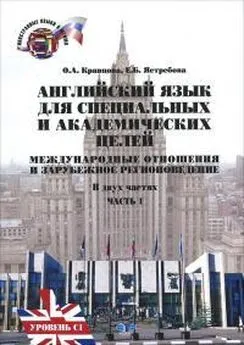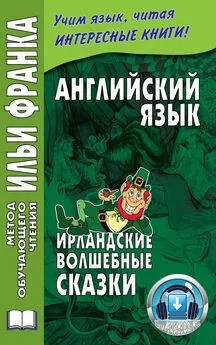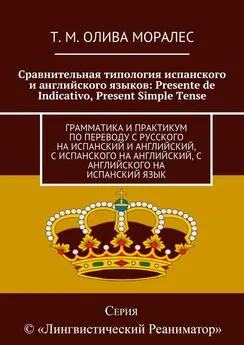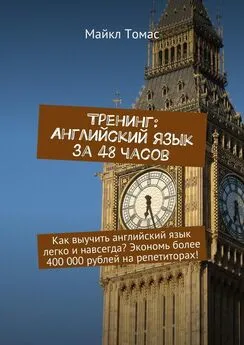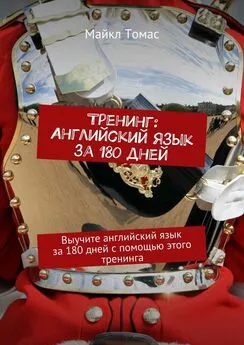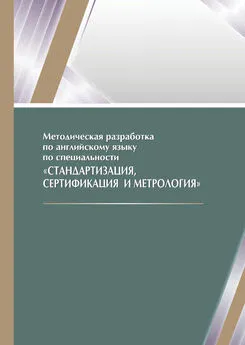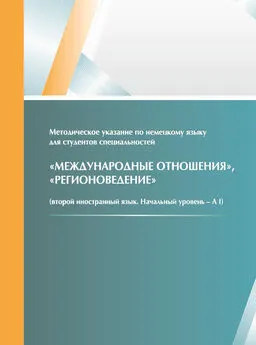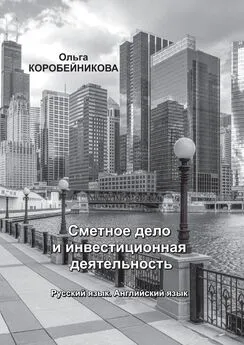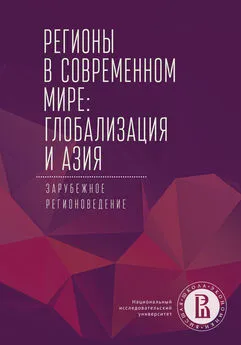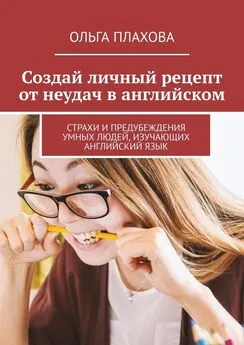Ольга Кравцова - Английский язык для специальных и академических целей: Международные отношения и зарубежное регионоведение. Часть 1
- Название:Английский язык для специальных и академических целей: Международные отношения и зарубежное регионоведение. Часть 1
- Автор:
- Жанр:
- Издательство:МГИМО-Университет
- Год:2015
- ISBN:978-5-9228-1210-8
- Рейтинг:
- Избранное:Добавить в избранное
-
Отзывы:
-
Ваша оценка:
Ольга Кравцова - Английский язык для специальных и академических целей: Международные отношения и зарубежное регионоведение. Часть 1 краткое содержание
Адресовано студентам четвертого курса факультетов и отделений международных отношений и зарубежного регионоведения.
Английский язык для специальных и академических целей: Международные отношения и зарубежное регионоведение. Часть 1 - читать онлайн бесплатно полную версию (весь текст целиком)
Интервал:
Закладка:
Political commentators sometimes suggest that trends towards disenchantment with politics are evidence of “new values”, such as individualism or post-materialism. But there is little evidence in favour of that interpretation. Democratic values are adhered to as strongly as ever. Where the matter has been examined, from Costa Rica to Norway, citizens are better informed about political and social issues and as interested as ever. They are not turning “apolitical” but they are becoming more critical. If interested and informed citizens are more critical it is not because they are ignorant or indifferent, it is because they are making judgements. Their critical judgements come from their experience of shortcomings in the democracies they value. It is no good blaming citizens; they are good enough. There is a crisis of trust across the democratic world, but not because citizens are abandoning established values or in other ways failing. Citizens do trust less, but not because they are becoming less trusting. They trust less because their democracies are less worthy of trust.
In the British case two reforms present themselves as particularly urgent, both now under debate high up on the political agenda.
First, there is a need to re-invent local democracy. Devolution is well and good but does not reach local democracy and could contribute to further weakening it. What is needed is what a Smith Institute study calls double devolution, not only to regions but also to proper local units. Britain needs more and smaller local political entities — municipalities — with more decentralised responsibility and authority. British democracy needs many more elected politicians to represent citizens' interests. There are possibly too many members of Parliament but certainly too few elected politicians locally. This is a big order, a matter of reinvention. As it is now, Britain does not have proper local units to devolve democracy to.
Second, political parties should be freed from dependency on big money and made answerable to members. It is time to put a full stop to all private donations to political parties and campaigns — from individuals, from businesses, from unions, even from candidates' own pockets — and make political parties economically dependent on members. It is not enough to make political donations “transparent”; it's too late. Nor is it enough to limit the size of donations, for example to £50 000 as has been suggested. The narcotic of free money has numbed political sensitivities. Here, now, today — in fact and not only possibly in the future — the political use of money is destroying the people's democracy, in Britain near as much as in the United States. Democracy does not need mega-expensive politics. The money that circulates ends up in the pockets of advertisers, consultants, pollsters and advisors represents a gigantic subsidy to a class of political hangers-on. Professional politics is top-down politics and contributes to increasing the distance between citizens and their representatives. It would improve democracy if political budgets were cut and members given power in parties. There are no compelling reasons why rich individuals, businesses and organisations should be allowed to use their wealth to undermine the protection ordinary people should have from democratic governments.
These reforms are practical and doable. They are issues under consideration and firmly established on the political agenda. British democracy has much going for it and should do better. These two reforms would revitalise British democracy, infuse it with citizenship pressure for performance and lift it from mediocre to high quality.
1. The 1942 report on Social Insurance and Allied Services, known commonly as the Beveridge Report was an influential document in the founding of the welfare state in the United Kingdom, published in December 1942. It was chaired by William Beveridge, an economist, who identified five “Giant Evils” in society: squalor, ignorance, want, idleness, and disease, and went on to propose widespread reform to the system of social welfare to address these. The Report
Unit I. UK: from Empire to Democracy
Unit I. UK: from Empire to Democracy
came in the midst of war, and promised a reward for the sacrifices undertaken by everyone. Highly popular with the public, the report formed the basis for the post-war reforms known as the Welfare State, which include the expansion of National Insurance and the creation of the National Health Service.
2. Electronic Data Systems ran the Inland Revenue's tax and National Insurance system from 1994 to 2004. In 2003, the launch of a new tax credit system led to over-payments of £2 billion to over two million people. EDS later paid £71.25 million in compensation for the disaster.
1. ... the United States with its pioneering democratic constitution ...
2. The Westminster Model has very much going for it.
3. ... to be in command of a modicum of physical and human capital to be able to live as the master of his or her life .
4. With the NHS the government cut through the rot .
5. . the jury is still out on this .
6. . with the help of carefully engineered means-tested benefits.
7. . this strategy . is never target efficient .
8. . its potential is not realised in delivery.
9. . there appears to be little or no demand or appetite in the population for this crucial building block in the democratic architecture to be restored.
10. The narcotic of free money has numbed political sensitivities.
1. What is a solid democracy according to the article?
2. What makes Britain's democracy deficient?
3. What spheres of British life does the author look at to substantiate his position?
4. How does the population of Great Britain react to the democratic deficit?
5. What political reforms are called for, in the author's opinion?
1. What, in your view, are the criteria of the effectiveness of democracy?
2. Do you share the author's opinion that the British democracy is deficient?
3. How feasible do you think the suggested reforms are?
a) to compare one of the solid democracies mentioned in the text with the British democracy. Focus on the healthcare system, education, and welfare system OR
b) to comment on the other aspects of Britain's democracy.

VOCABULARY PRACTICE 1
1. of only average quality; not very good
2. a belief in human equality especially with respect to social, political, and economic affairs
3. to have a specified place within a grading system
4. to implant (an idea or feeling) so that it becomes ingrained within a particular context
5. to transfer or delegate (power) to a lower level, especially from central government to local or regional administration
6. minor and not important; not central
7. to express (an idea or feeling) fluently and coherently
8. clearly visible; attracting notice or attention
9. firm determination to do something
10. an emotion involving pleasure, excitement and sometimes anxiety in considering some expected or longed-for good event
11. the state of having a great deal of money; wealth
12. tending to remind one of something; suggesting something by resemblance
13. a feeling of disappointment about someone or something you previously respected or admired; disillusionment
14. evoking interest, attention, or admiration in a powerfully irresistible way; not able to be refuted; not able to be resisted
15. fill; pervade; instill (a quality) in someone or something
1. solid, __________ , __________ , ___________ democracy
2. marginal: differences, __________ ,__________ , ___________
3. conspicuous: _________ , __________ , _________ , __________
4. to mobilize, ________ , __________ , __________ , _________ one's resolve
5. affluent: society, __________ , __________ , __________ , __________
6. compelling: reasons, __________ , __________ , __________ , __________
1. In “Beyond Good and Evil”, Nietzsche __________ his disdain for conventional morality where
he described Christian standards as a “slave morality”.
Unit I. UK: from Empire to Democracy
Unit I. UK: from Empire to Democracy
2. __________ is the position that equality is central to justice. It is a prominent trend in social
and political philosophy.
3. To make a _________ argument requires tact, knowledge and the ability to see both sides of
the debate.
4. We have a duty to ________ voters with confidence that their votes will be counted, that their
voices will be heard.
5. He increased their courage and strength in every hardship, lightened their burdens and strengthened their _________.
6. For inward investment flows, Britain ________ third behind the US and Germany.
7. Many anthropologists agree that fundamentally the economy is _________ in culture and
does not exist as an independent sphere of activity.
8. The Scotland Act 1998 __________________ the power to the Scottish Parliament to make
primary legislation on all matters not reserved to the UK Parliament, as long as these comply with EU requirements and European human rights law.
9. Unlike the Battle of Midway, which historians regard as a pivotal moment in World War II, historians regard the Battle of Debrecen as of _________ importance.
10. A __________ politician is economical with the truth, a great politician is praised for telling
the truth.
11. Company executives achieved __________ success at high-speed team building events.
12. Cultures can achieve __________ either by wanting little and producing little or wanting
much and producing much.
13. At least compared to Western Europe, Minsk was still __________ of Old Russia.
14. Failure to ratify the Treaty signalled the European electorate's __________ with the EU and
the process of enlargement.
1. In what European countries are there regions striving for independence? What makes them do it?
2. What, in your opinion, determined the outcome of the Scottish independence referendum?
DON'T LEAVE US THIS WAY
Читать дальшеИнтервал:
Закладка:
